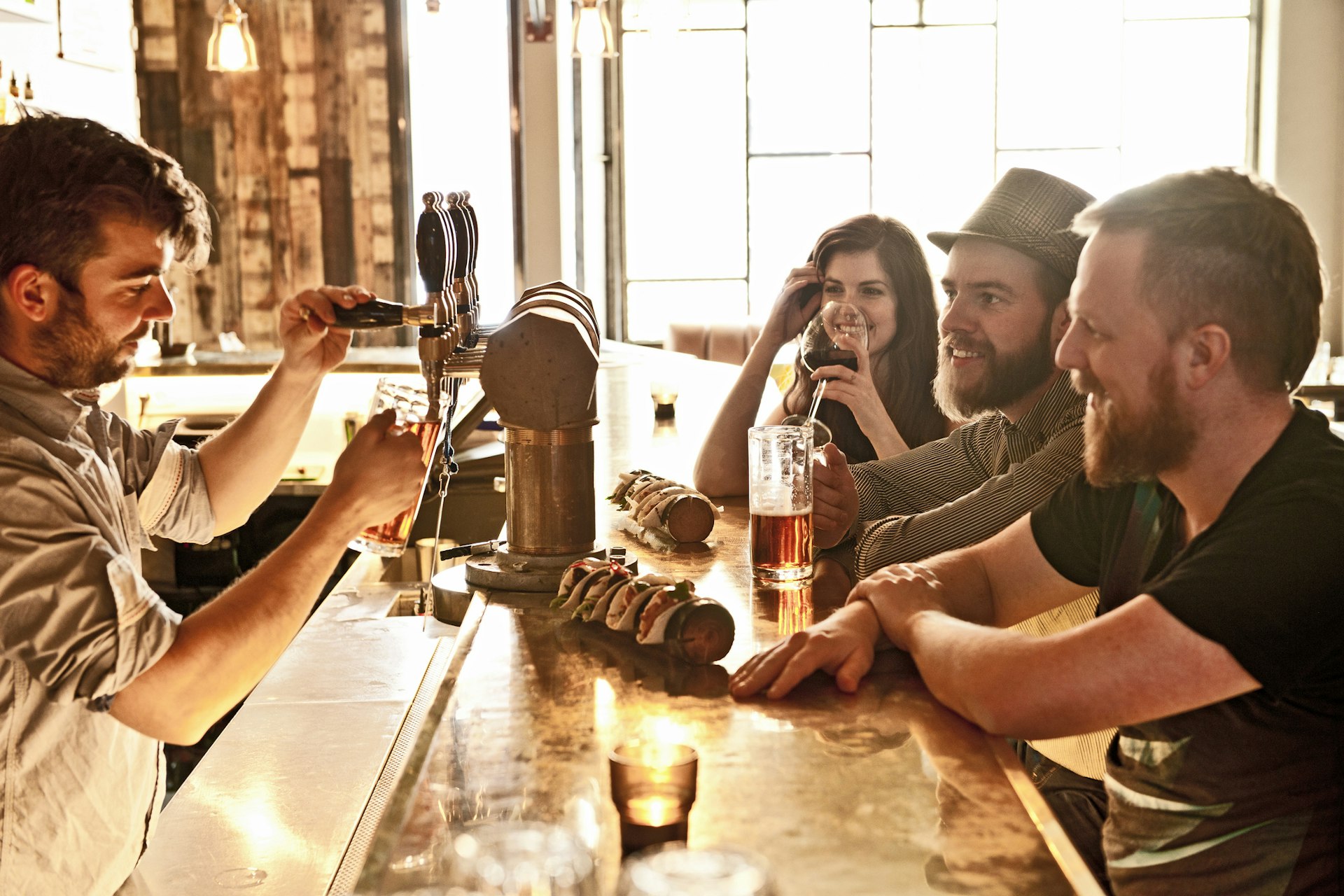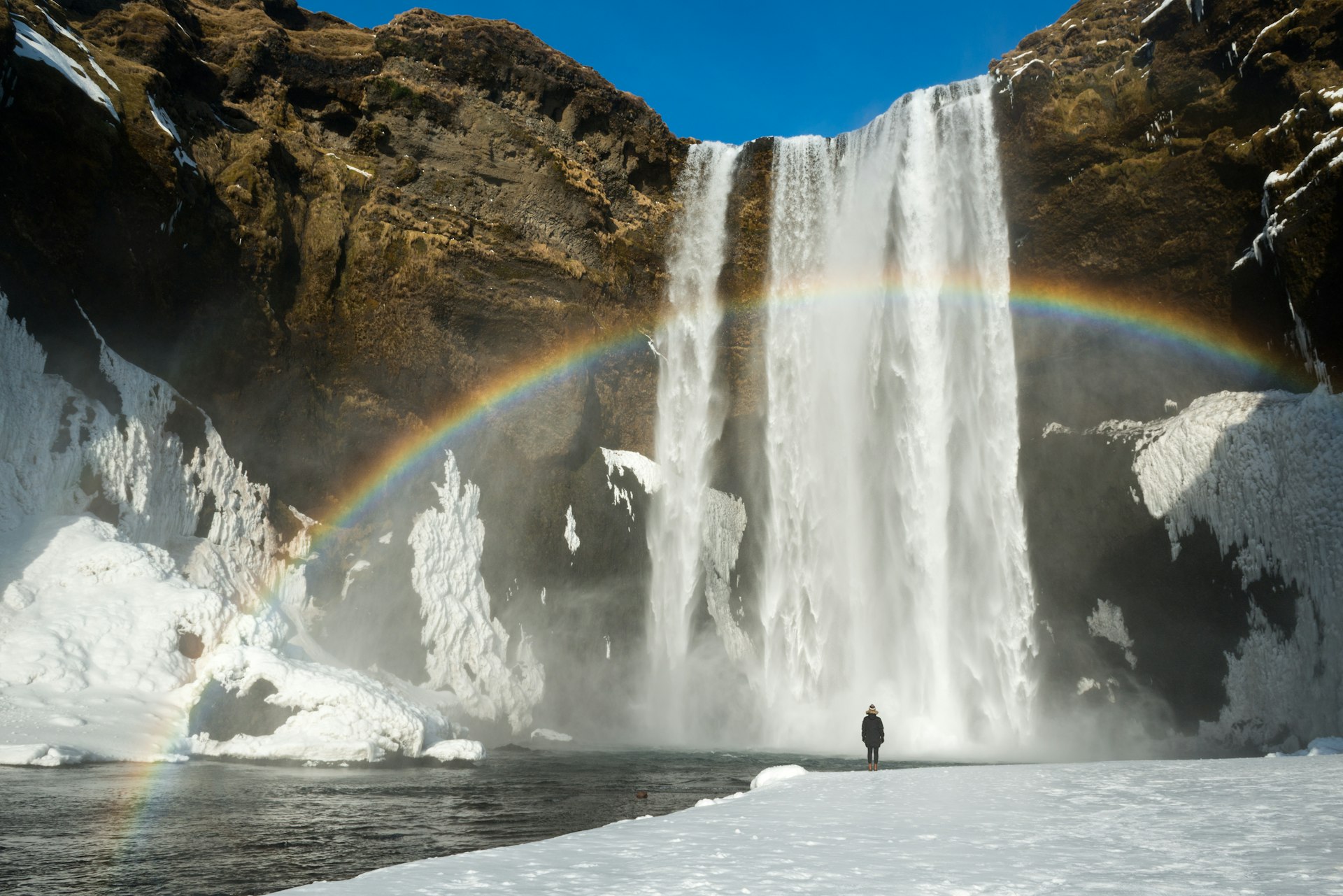What is it about Iceland? Can I say, “everything?”
It’s an out-of-this-world landscape that just happens to be… in this world. Its people are so welcoming and hospitable – and don’t really get what all the fuss is about, which frankly, I love. And it is the kind of place you have to see to believe. Even Instagram can’t do it justice.
I recently spoke with local travel expert Gunnar Þór Pálsson from his office in Reykjavik to ask him all about his home country to better explain Iceland’s allure. Gunnar works with Elsewhere by Lonely Planet creating bespoke itineraries all around Iceland.
“I’m always trying to gauge what travelers really want from their visit, and I’m very involved and invested in the whole process,” Gunnar says. Now that Iceland is back up and running after a two-year hiatus, Gunnar says, “we’re going to have a great summer. It’s pretty booked!” Time to get planning…
The ultimate Iceland itinerary by Elsewhere
We’ve collated the highlights of Gunnar’s itinerary to help you experience the best of Iceland’s otherworldly interior.
1. Welcome to Reykjavík
Your entry to Iceland is the capital of Reykjavik, a small city that is big on good times. Stroll along Laugavegur, the city’s main drag, where you’ll find the usual array of tourist shops and classic watering holes.
2. Check out Geysir
A must-stop along the Golden Circle, the roadside attraction called Geysir gurgles, hisses and boils all around you with fumaroles, springs and geysers that erupt on the regular. Hot times, all around.
3. Drive the Kjölur route
This is the real start to your Highlands adventure. You’ll ride in a rugged 4×4 traversing some of the country’s most dramatic landscapes, between the Hofsjökull and Langjökull glaciers.
4. Take photos at Landmannalaugar
A playground for photographers and hikers where you’ll witness all the beauty nature can throw at you, including windswept rhyolite mountains – a type of volcanic rock that possesses dazzling colors.
5. View Eldgjá
The largest volcanic canyon in the world, also called the Fire Canyon, Eldgjá was formed by a fissure created during a massive volcanic eruption sometime in the 930s CE. The canyon stretches for 40km (25 miles) and drops 270m (886ft) at its steepest plunge down.
%20FINAL.jpg?auto=format&q=75&w=1920)
Q&A with Elsewhere’s Gunnar Þór Pálsson
How’d you get your start in the travel game?
I studied tourism in British Columbia, and I bounced about a bit. I’ve worked in museums as a tour guide and then got a license to drive tour buses, driving the classic sightseeing spots like the Golden Circle – those experiences gave me the perspective of actually being on the road as a tourist.
What do you love most about it?
People, particularly Americans, are open and excited about the prospect of traveling to Iceland, and they’re really chatty. We get to know each other over weeks or even months. They tell me about their families, and I tell them about mine. Sometimes, I even meet up with clients for a beer before they go on their trip.
What’s a fun fact about Iceland?
When NASA was preparing the astronauts for the lunar missions, they brought the astronauts to Iceland to train and try out their equipment in Icelandic conditions, because they figured that the conditions in Iceland were similar to those on the moon.

What do you like to get up to during your downtime?
Well, I have two young children, and I’m very boring! But one of the great things about the explosion in tourism is that there’s such a variety of restaurants, bars and things to do in downtown Reykjavik. Before kids, and before Covid, I liked to go to Dillon Whiskey Bar or the Danish Pub (Den Danske kro) for drinks and live music.
What kind of traveler will enjoy seeing the Highlands?
This kind of itinerary caters to people who want to be off the beaten path, who are hikers who want to see the volcanic landscapes and the geothermal features that you don’t see if you just follow the Ring Road.
And what should people pack?
You can’t make any promises about the weather in Iceland, so you need to be prepared for anything. Dress in layers. You can have shorts and a t-shirt in the afternoon, then the temperature plummets and it starts raining. Have things that dry quickly, like a quick-dry towel. Bring hiking boots (and hiking sticks, if you feel that’s something you need). If you’re doing an outdoor trip, remember you’re going to wear the same pants, the same fleece jacket. Bring a bathing suit for sure, and jeans or something decent for the hotels.
Most important question: How can you see Atlantic puffins?
From June until the end of September, you’ll find them on Dyrhólaey Island. They will be flying everywhere – you can view where they are nesting and raising their young.
